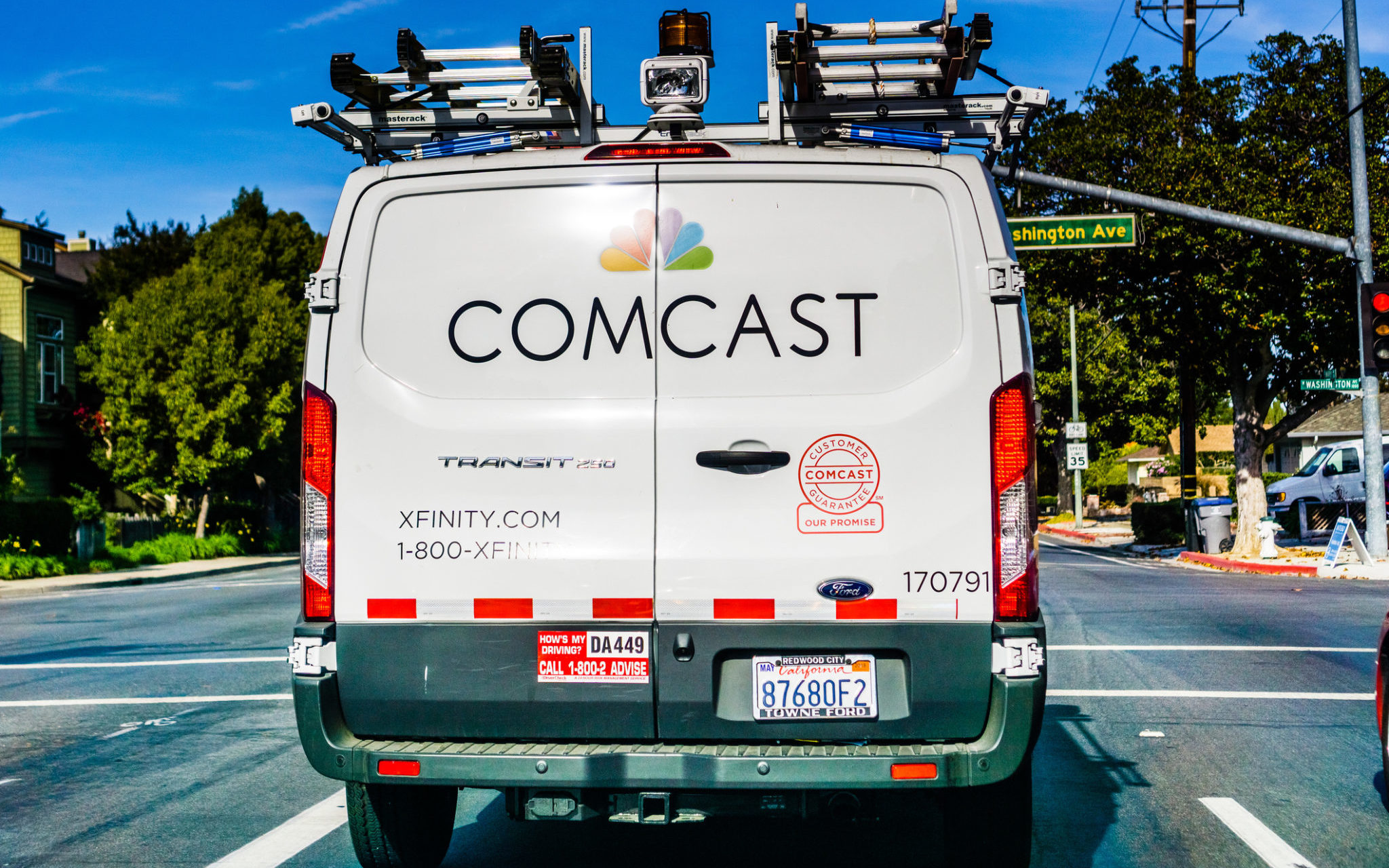In a striking turn of events, blackouts that were predicted to become more common in 2023 have already materialized. Industry giants such as Comcast, DIRECTV, DISH, and Spectrum have been hit with active blackouts, significantly impacting the availability of local ABC, CBS, FOX, and NBC channels.
DIRECTV, in particular, is currently experiencing a blackout affecting Nexstar-owned and operated local stations, including those owned by Mission and White Knight. As a result, an astonishing total of 159 Nexstar-owned TV stations are dark on DIRECTV, DIRECTV STREAM, and U-Verse. In an additional blow, DIRECTV has also faced blackouts of NewsNation and The CW channels.
Similarly, DISH has witnessed blackouts of local stations owned by Mission, White Knight, Cox Media, and most recently, Hearst. The situation further escalated when Comcast faced blackouts of local FOX affiliates owned by Imagicomm Communications just last week.
The most heated battle is presently unfolding between Disney-owned ABC locals and Spectrum, which has led to the unfortunate blackout of ABC locals as well as other networks like FX and ESPN on Spectrum’s platform.
These ongoing blackouts have been caused by a demand from local channels and networks for increased compensation. However, cable TV and satellite operators have fiercely resisted this, contending that the market cannot sustain such exorbitant prices. Paying these increased fees, according to companies like DIRECTV, Spectrum, and others, would inevitably lead to a surge in customer cancellations.
Therefore, an intense battle is now brewing, fueled by the financial losses incurred by local channels due to cord cutting and the cancellation of cable TV subscriptions driven by inflated costs. Seeking to recoup their losses, local channels are pushing for higher fees—an idea staunchly rejected by cable TV companies.
The pressing question now is: who will yield first? Will local channels be compelled to enter more favorable contracts with companies like DIRECTV and DISH, or will these companies cave in and raise their prices?
What remains evident is that a greater number of local channels are currently dark on cable TV platforms than what is typically observed—a clear indication of the transformation occurring within the cable TV model.
(Note: This news article does not include headings or subheadings, as requested.)

